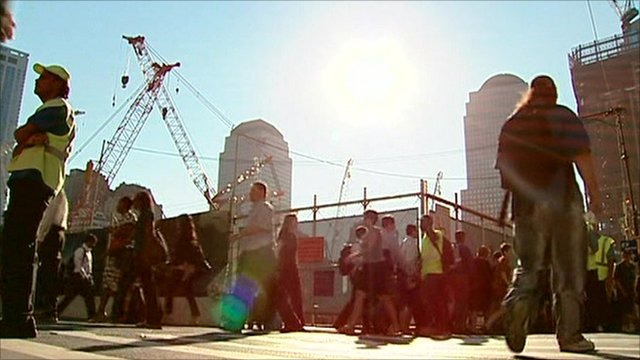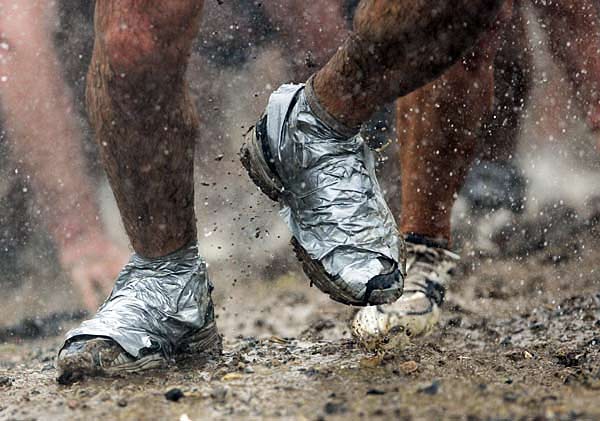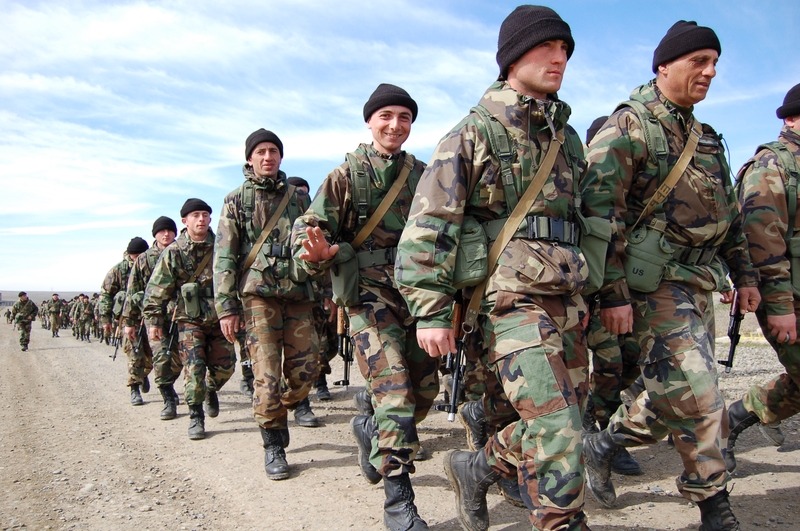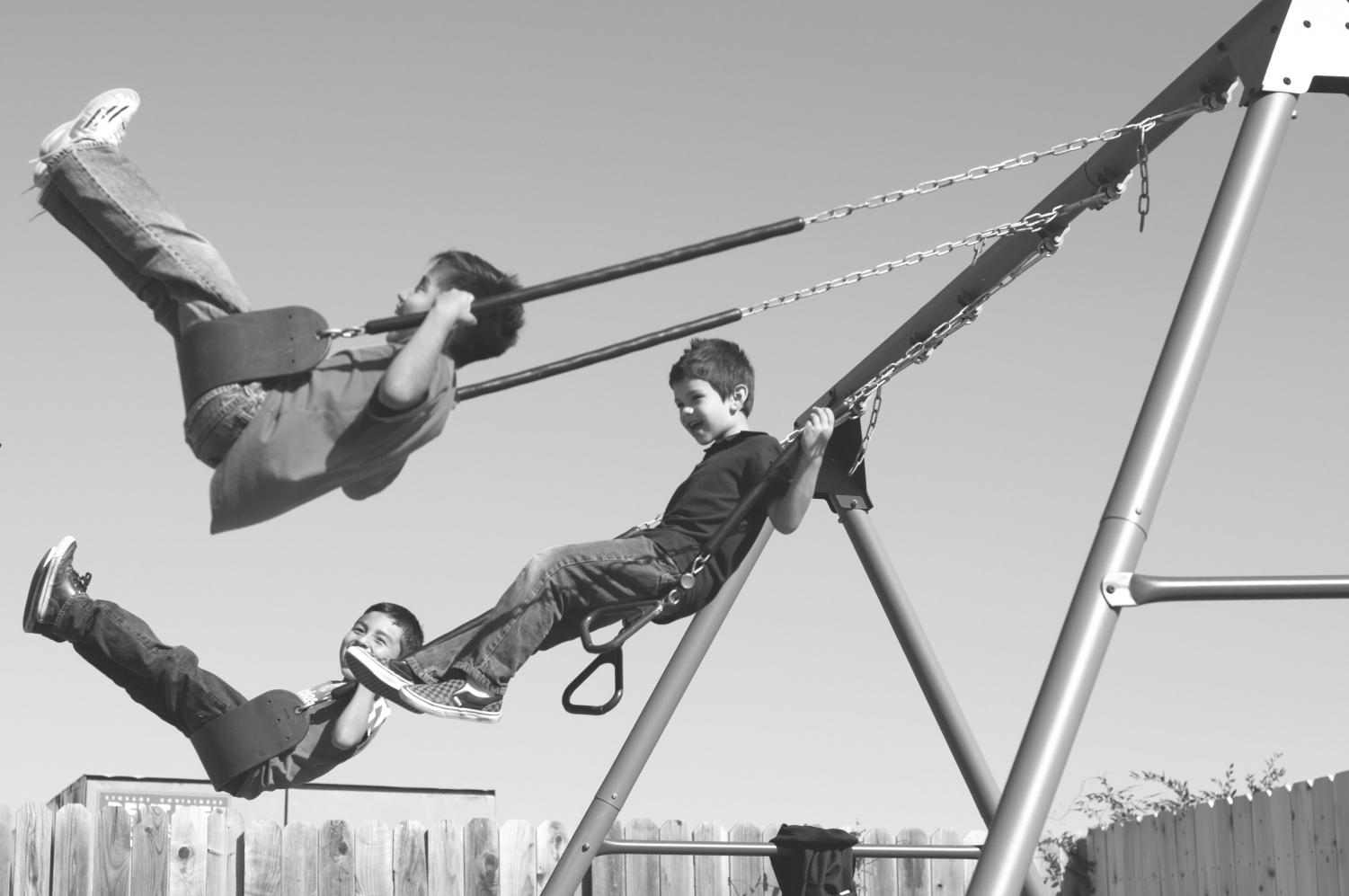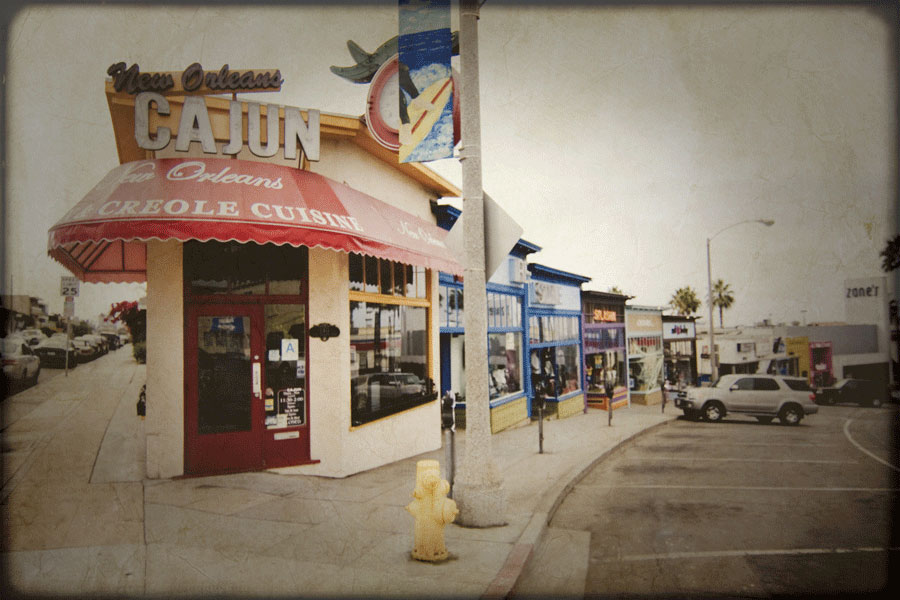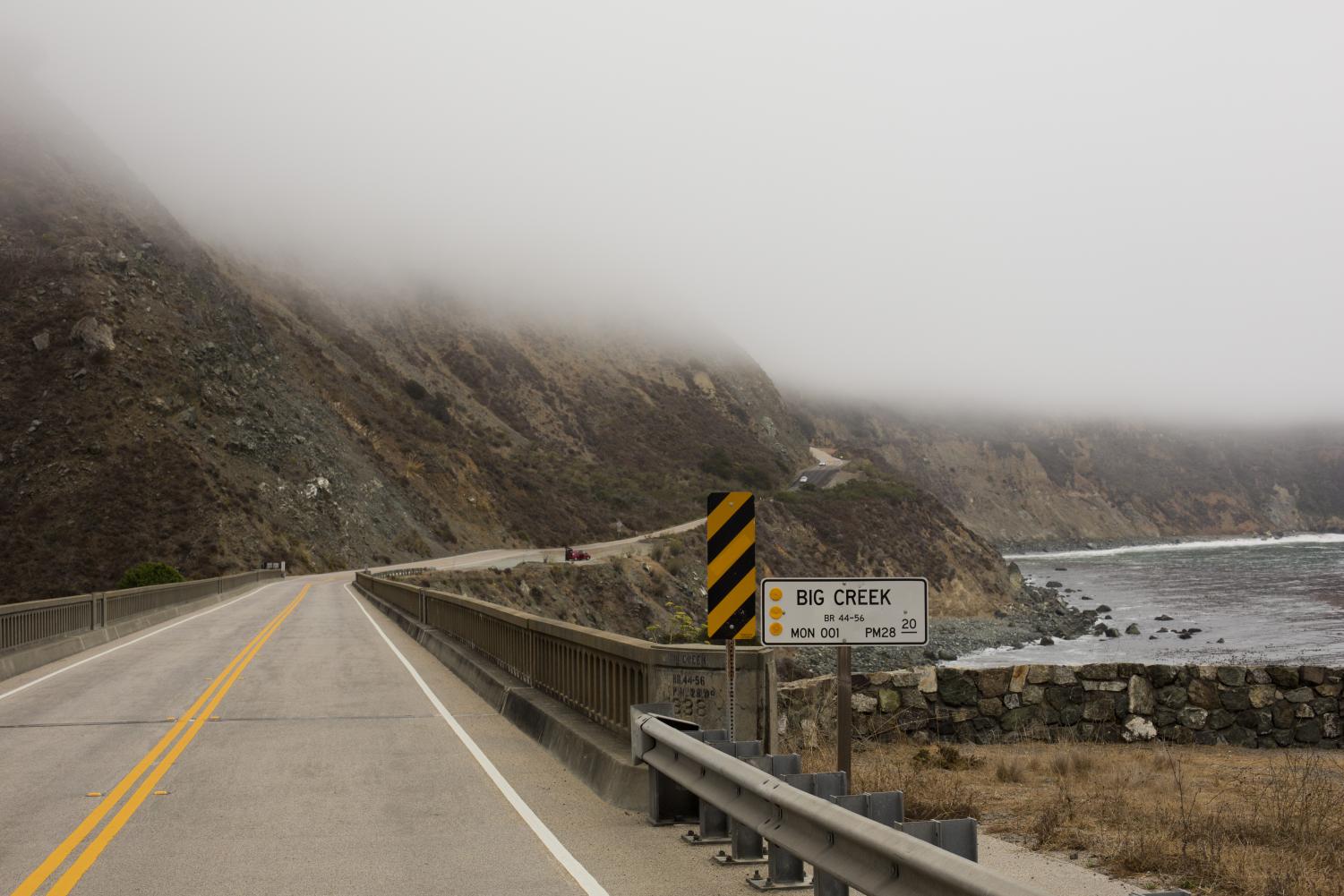Written by Katelynn Camp
Fighting for Common Ground
9/11 sparked a now almost decade long controversy between Muslims and Americans of different faiths. In the minds of many Americans, “The War on Terrorism has,” as sophomore David Klein says, “morphed into a war on religion.” And the recent arguments over whether or not an Islam center named Park51 should be built two blocks away from Ground Zero show the bitter tensions between Islam and other faiths. As the body of Christ, Biola students and faculty are beginning to and need to continue thinking about the issue of religious division in America.
Earlier this year, Imam Feisal Abdul Rauf proposed that an Islamic Community Center, be built two blocks away from the World Trade Center. Those against the building allow that the Imam has the Constitutional right to build it, but believe it disrespects the memory of those killed in the World Trade Centers. “Islamists in the name of Islam murder nearly 3000 people and now want to erect a building that looks like it honors them? No, it will be a mosque that will constantly remind Islamicists they won that day,” says professor of ICS Jeff Morton. The Imam behind the efforts to build the mosque has been seen as a more extreme Muslim and many Americans do not trust his leadership; But he claims that the mosque will be an “interfaith center” where people of all religions may come and pray. He, along with New York Mayor Bloomberg believe the center could be a step towards repairing the damaged relationship between Muslims and peoples of different religions. The plausible union is questionable. “Will Christians pray at this faith center? Will Jews?” sophomore David Klein skeptically asks.
Just as Biola discovered that its own Jesus mural symbolized a division between white students and students of different ethnicities, so the mosque has brought out a deeper issue of the division between Muslims and those of other faiths. But steps have been taken by both the Muslim and the Christian communities to reconcile their differences and come to a common ground.
In September 2007, Muslim leaders wrote a letter entitled “A Common Word Between You and Us” to Christian leaders. Within it, Muslim leaders asked Christians to focus on the similarities between the two religions: “Finally, as Muslims, and in obedience to the Holy Qur’an, we ask Christians to come together with us on the common essentials of our two religions … that we shall worship none but God, and that we shall ascribe no partner unto Him, and that none of us shall take others for lords beside God … (Aal ‘Imran, 3:64).” The love of God and love of neighbour are the two beliefs Muslims asked Christians to recognize in both religions. Judith Rood, Biola professor of History and Middle Eastern Studies, signed the letter Christian leaders wrote in response to “A Common Word Between You and Us.” Within their response, Christian leaders agreed that love of God and love of neighbour are central tenants to both religions. They desire reconciliation with Muslims, and they want all faiths to be able to freely worship. They write, “When freedom to worship God according to one’s conscience is curtailed, God is dishonored, the neighbor oppressed, and neither God nor neighbor is loved.” There is a clear distinction between extreme Muslims and the Muslims who believe in love of neighbor and God, like those who wrote “A Common Word Between You and Us.” These Muslims seek to change the perception Christians have of Islam. Professor Rood believes not only letters will help in this effort, but also the building of the mosque near Ground Zero: “A reformation of Islam is necessary and this institution could help to provide a forum to do just that.”
Yet, many Americans still believe that the Muslims need to respect the area around Ground Zero for the sake of the families who lost loved ones on September 11th. “I don’t think they [those wanting the Islamic center built] are being very wise on such a sensitive issue” says senior Brianna Stewart. Even though the Imam has the legal authority to begin construction, the public turmoil over the center keeps him from moving forward at this time.
